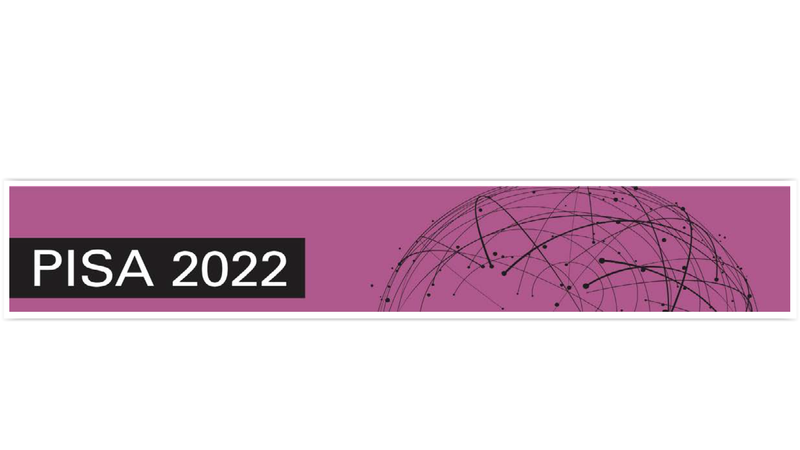PISA 2022 - Regular monitoring for improved education systems
PISA is the OECD's Programme for International Student Assessment. PISA measures 15-year-olds’ ability to use their reading, mathematics and science knowledge and skills to meet real-life challenges. The Australian Council for Education Research administers the PISA test every three years. This is the eighth time that PISA will be administered and in 2022, St Patrick’s College has been selected to participate.

PISA is a sample assessment, and as such, approximately 800 Australian secondary schools have been sampled to participate in PISA 2022. The sample selection process is designed in such a way that ensures there is adequate representation of the states and territories, government, Catholic and Independent schools, as well as metropolitan, regional and remote schools.
PISA has the following characteristics:
Undertaking PISA is important because the results of the assessment can be used:
PISA is one of the international assessments of the National Assessment Program (NAP) and education authorities must ensure that their schools participate in assessments under the NAP as required. The NAP is part of a national strategy to monitor and report on student performance, in a comparable and consistent way. This allows Australian governments to monitor our progress towards Education Goals for Young Australians set out in the Alice Springs (Mparntwe) Education Declaration that Education Minister’s agreed to in December 2019.
For example, in 2018, Australian researchers used PISA results to address questions like:
- where does Australia’s education system sit internationally?
- which countries are doing better than we are and which are doing worse?
- how are we doing internally – across states and territories, between girls and boys, or children from different socioeconomic and cultural backgrounds?
The 2018 data shows that there has been a long-term decline in Australian students’ reading, mathematics and science skills. Australia also slipped in international rankings with some countries we once outperformed now outperforming us.
These results have prompted governments to examine the school curriculum. Key researchers have highlighted the over-crowded nature of the curriculum that means that the volume of material teachers currently teach leaves little time for deep learning. Researchers argue that a refocus on a smaller range of important knowledge, concepts and principles will enable greater depth and create time for students to see how what they are learning can be applied to a range of different contexts and problems [i].
Students are randomly selected from a list of eligible students provided by the College to the PISA assessment authority. These are 15-year-old students in Years 9 to 11. It is not a curriculum-based assessment. PISA assesses how 15-year-olds can apply their skills and knowledge to real-life problems and situations. Questions are multiple choice or require a short, written response. These are in the areas of mathematical literacy, reading literacy and science literacy.
The PISA testing takes place on Wednesday 17 August and further information will be sent to participating students, their families and teachers in Term 3.
Debra Bourne - Assistant Principal, Learning and Teaching
[i] Masters, G. (2019). Focus on basics leaves schoolkids short in essential deep thinking. ACER Discover. https://www.acer.org/au/discover/article/focus-on-basics-leaves-schoolkids-short-in-essential-deep-thinking. Accessed 31 May 2022

